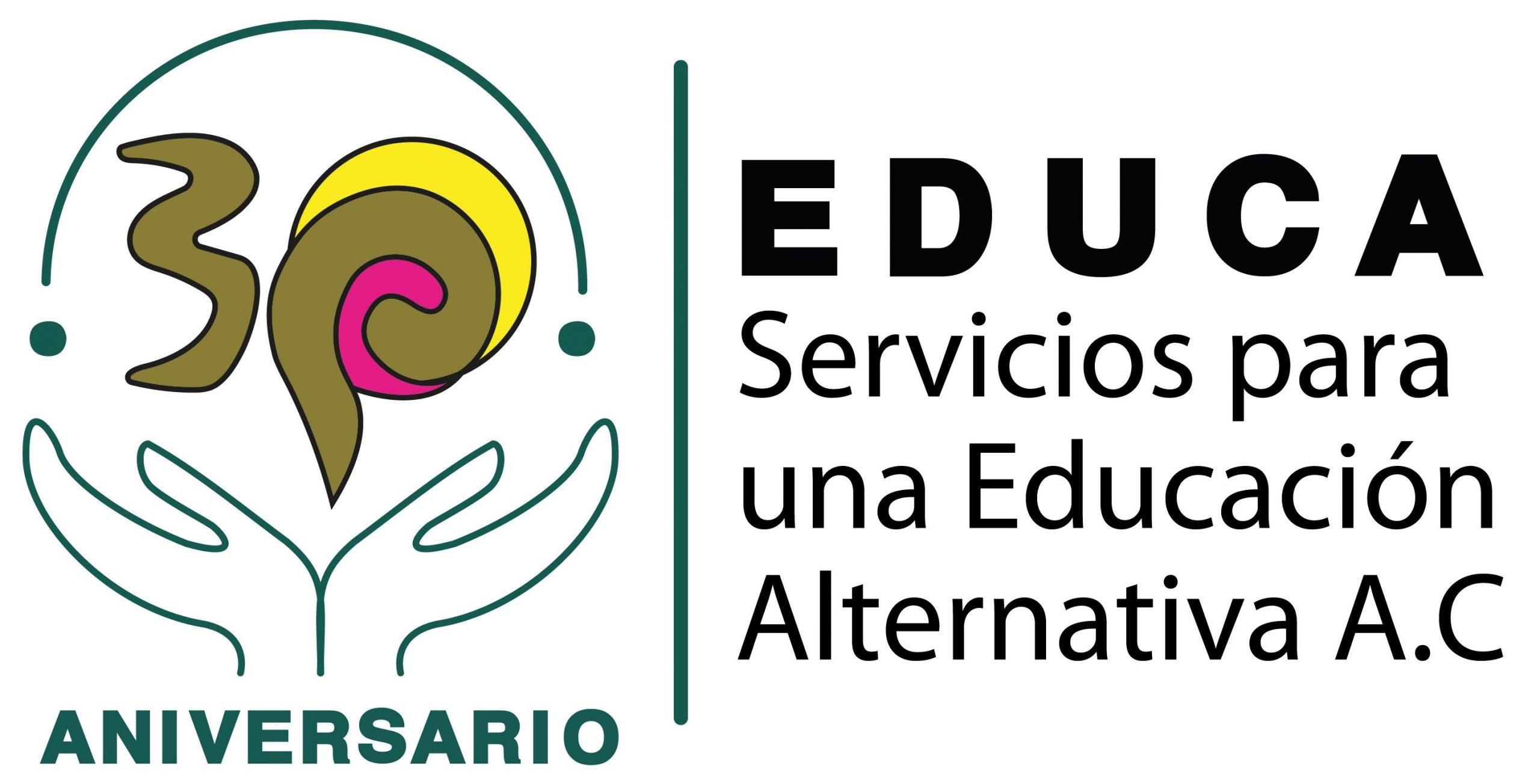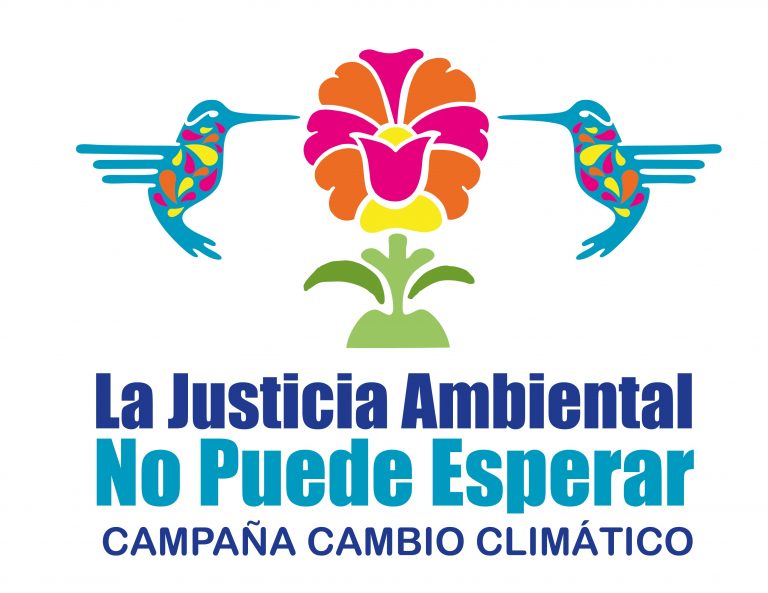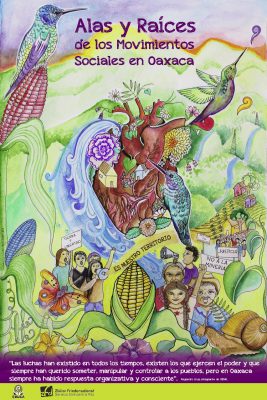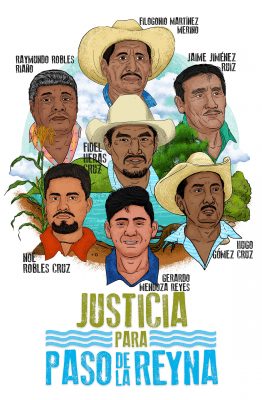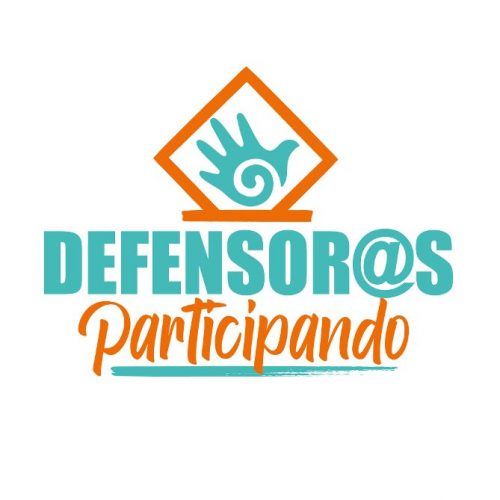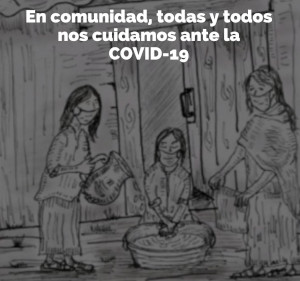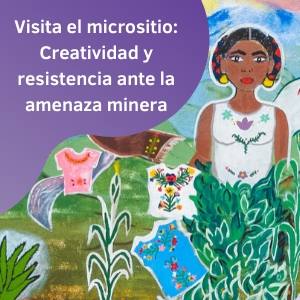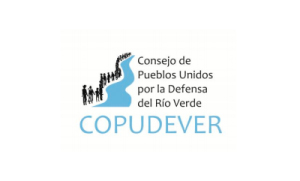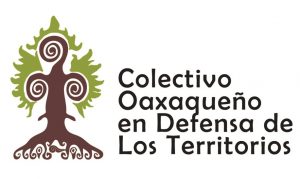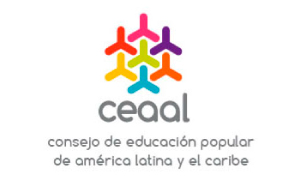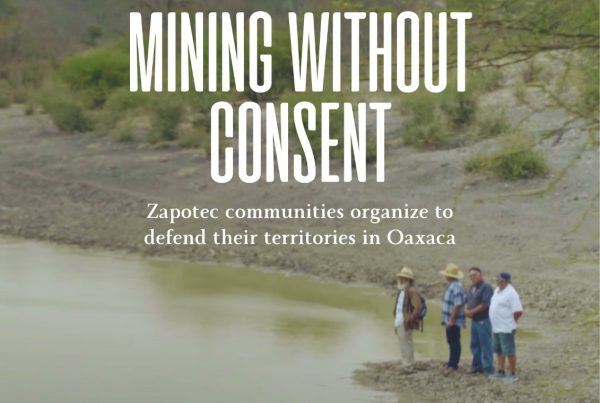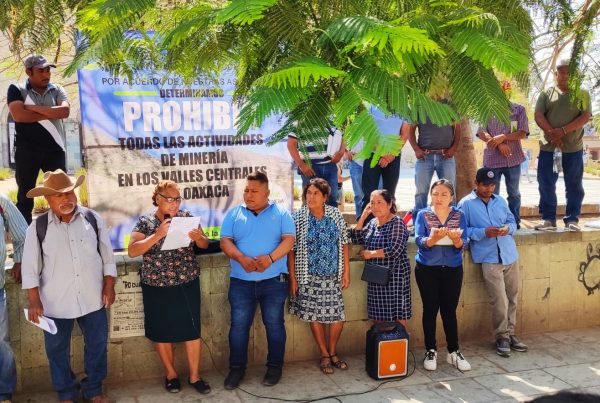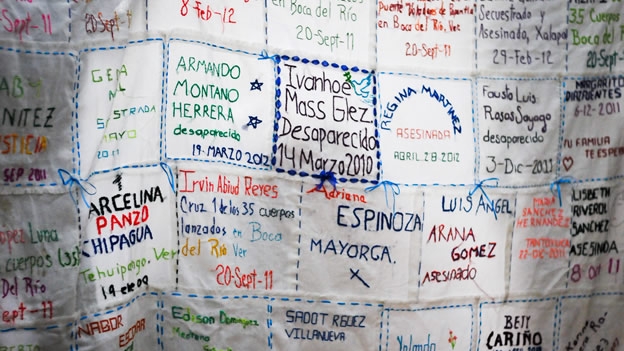 When Mexican President Enrique Peña Nieto came to power a year ago, he was the new face of the old Partido Revolucionario Institucional, the political machinery that dominated the country for more than 70 years. With his carefully built image of a dynamic young professional, Peña Nieto started his term in office by launching multiple reform initiatives, covering numerous aspects of daily life in the country. He claims that his policies will put Mexico on a promising train to modernity and prosperity. But a year on, what has he really achieved?
When Mexican President Enrique Peña Nieto came to power a year ago, he was the new face of the old Partido Revolucionario Institucional, the political machinery that dominated the country for more than 70 years. With his carefully built image of a dynamic young professional, Peña Nieto started his term in office by launching multiple reform initiatives, covering numerous aspects of daily life in the country. He claims that his policies will put Mexico on a promising train to modernity and prosperity. But a year on, what has he really achieved?
One of Peña Nieto’s early commitments was to end the cycle of human rights violations and violence that so characterised former President Felipe Calderon’s administration. Sadly, he has not delivered on that promise: On the Peña Nieto train, human rights have so far had to settle for the third-class carriage. It’s a story that the Mexican people know all too well. Once again, a new government comes to office making expansive pledges to protect human rights. Once again, it refuses to invest the political capital needed to make a real difference. And once again, the key word in the whole story is impunity.
If one asked the government’s spokespeople about human rights, they would probably boast of a reduction in drugs related violence; implementation of the National Law on Victims; a forthcoming National Human Rights Program, presidential instructions issued to the Armed Forces not to commit torture; the publication of some national data on missing or disappeared persons and the creation of a special unit in Federal Attorney General’s Office (PGR) to search for them. In reality, many of these claims have either not had any impact or are based on wishful thinking, not clear and cold facts. Everyday life and the lack of respect for human rights is a much darker reality than the one painted by the government.
In one week at the end of July and the start of August this year, for example, witnesses saw how marines detained José de Jesús Martínez, Diana Laura Hernández Acosta, David Álvarez Gutiérrez and Armando Humberto del Bosque in three separate incidents. All of them took place in different areas of Nuevo Laredo and its surroundings, in the states of Tamaulipas and Nuevo León, on Mexico’s northern border, an area of the country that suffers high levels of violence related to the heavy drug-cartel and military presence. Only one of the four has been seen again: Armando Humberto del Bosque’s corpse was discovered on October 3.
Despite evidence implicating marines in these disappearances, Naval authorities have denied involvement, and the government has failed to ensure a full and impartial investigation, simply endorsing this position. The General Attorney Office (PGR) has dismissed the evidence of witnesses, including that provided by police. Justice seems to stop at the doors of Navy and Army bases. The father of one of Nuevo Laredo’s enforced disappeared put it this way to Amnesty International: “They have done nothing to investigate my son’s death. They don’t go out of their offices, they have achieved nothing.”
More from GPS: Mexico’s invisible women
Two years after she was detained, tortured, raped and forced to make a false confession over her involvement in drug trafficking, Miriam López is still awaiting justice, her story yet another everyday tale that defies Peña Nieto government’s fine words on human rights. In February 2011, moments after dropping off her children at school, she was grabbed by two men and driven to a military barracks in the city of Tijuana. After seven months in prison she was acquitted and released. Despite the fact that Miriam has identified some of the perpetrators and undergone an official medical examination to support her claims, the PGR investigation is no closer to filing charges against those responsible.
Miriam’s case is far from unique. Although it’s true that the number reports of torture jumped by 500 percent under the previous administration, Enrique Peña Nieto’s administration has done almost nothing to end the problem and deliver justice to the victims. The lack of prosecutions and convictions in torture cases is shameful. The deployment of military personnel in public security functions around the country has remained the same. The government has so far failed to reform the military justice system to ensure the civilian justice system deals with all allegations of human rights violations. Such basic steps to strengthen accountability and end impunity have not been taken.
I would like to be able to stop here, but the list of human rights issues in Mexico goes further than disappearances and torture.
Over the past year, documented incidences of police brutality and arbitrary detentions during demonstrations in Mexico City have gone unpunished; violence against women remains widespread with women’s organizations reporting increased killings in several states; abuses against migrants in transit in Mexico continue and few perpetrators, whether criminal gangs or public officials, are held to account. As Father Alejandro Solalinde, a leading migrants’ rights activist has said: “Migration is a priority in official discourse, but in reality there are abuses and negligence, a total neglect.”
Human rights defenders and journalists continue to face a rising wave of attacks and threats, yet investigations lead nowhere and the newly created federal protection mechanism is hardly operational. These are just some of the burning human rights issues the government has allowed to drift. Others, such as the failure to hold those to account for grave human rights violations committed in the 1960s, ’70s and ’80s, have been studiously ignored. In October, the members of the U.N. Human Rights Council issued recommendations to the government to take concrete actions on a range of key issues, but the government decided to wait until next March to announce which it would support. In other words: the human rights tragedy that Mexico is living can wait for solutions.
One after another, Mexico’s opportunities for making a difference in human rights slip by.
Mexico needs a transformation in the government’s human rights policies. And it is needed now. President Peña Nieto’s train may travel forward as it achieves some changes, but with human rights travelling in the third-class carriage, many sectors of the population will be ignored and trampled under foot in the process. Meanwhile, his claim to have placed human rights at the heart of state policy will continue to ring hollow.
![]()
